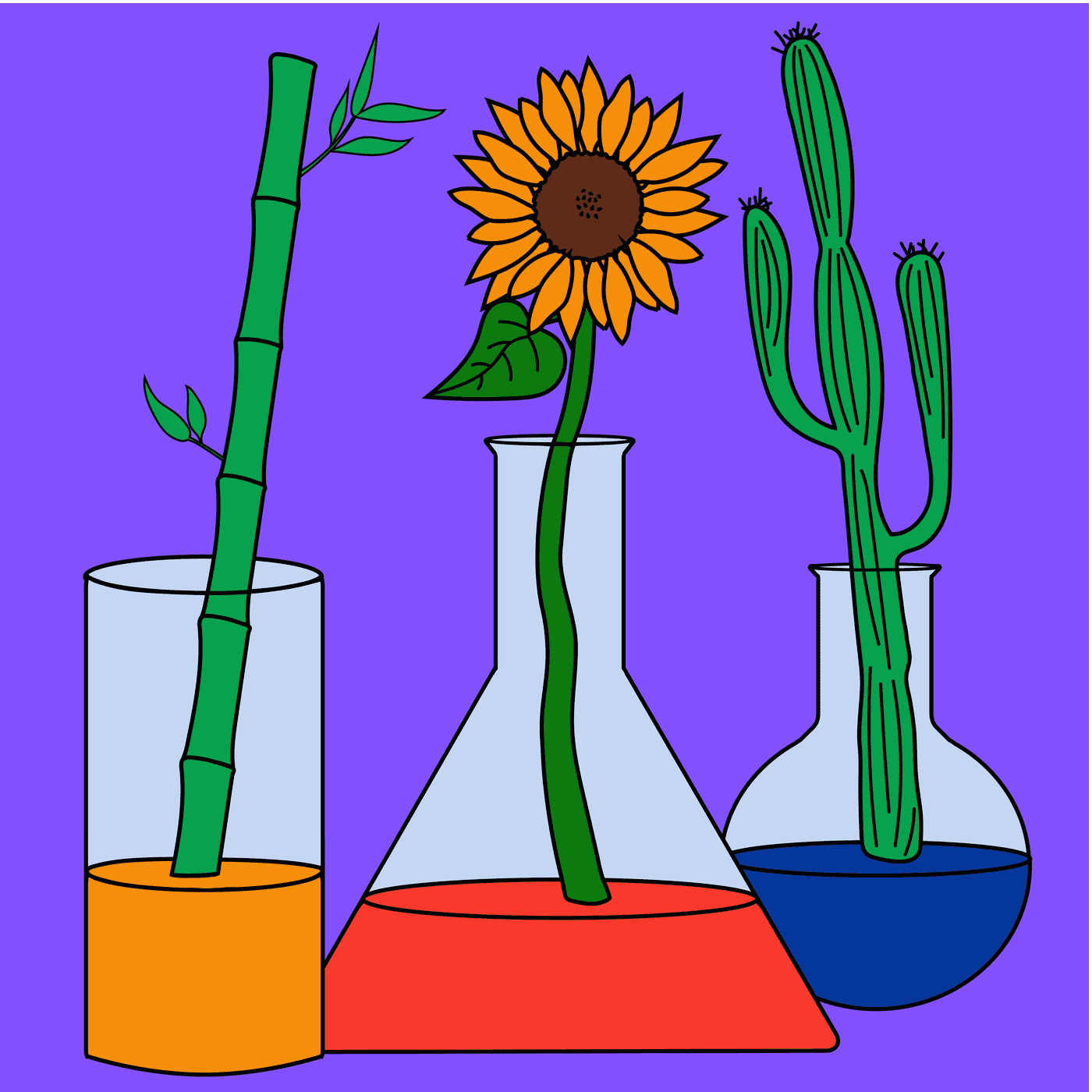Discover Save the Planet (Note to Self)
Save the Planet (Note to Self)

Save the Planet (Note to Self)
Author: WNYC Studios
Subscribed: 31Played: 21Subscribe
Share
Description
Our five-episode pack on how science and technology can fight climate change. With better air conditioning, more whale poop, souped-up plants, and a giant vacuum. If all else fails, planet B. Our guide is David Biello, science curator at TED.
5 Episodes
Reverse
This is part of our five-episode pack on how science and technology can fight climate change. With better air conditioning, more whale poop, souped-up plants, and a giant vacuum. If all else fails, planet B. With David Biello, science curator at TED, author of The Unnatural World: The Race to Remake Civilization in Earth's Newest Age, and contributing editor at Scientific American.
It’s August. It’s hot, and no, you’re not imagining things, it is getting hotter. But whatever New York Magazine says, we can still save the planet. And technology can help.
We kick off our five-part series with a look at one technology the planet can’t live with, and humans can’t (or won’t) live without. Air conditioning. As the planet heats up, we’re blasting it in more places, and more often. Which heats the planet more, so we need more AC, and around and around. But there is a better way. Thanks, in part, to the internet of things. And a little tweak from you.
This is part of our five-episode pack on how science and technology can fight climate change. With better air conditioning, more whale poop, souped-up plants, and a giant vacuum. If all else fails, planet B. With David Biello, science curator at TED, author of The Unnatural World: The Race to Remake Civilization in Earth's Newest Age, and contributing editor at Scientific American.
We love blue whales. They’re our ocean’s majestic, floating giants. They have hearts the size of cars. They travel alone or with a single friend. And also they poop. Super-fertilizing, massive turds.
The iron in whale poop fertilizes ocean algae. Which then blooms, makes oxygen for us, and helps sink CO2 into the Earth.
Our guide David explains how whale poop has inspired innovations, like iron fertilization and ocean gardening. And how other technologies, riskier but cheaper ones, are stealing the spotlight a little. Note to self, beware of the climate change quick fix.
This is part of our five-episode pack on how science and technology can fight climate change. With better air conditioning, more whale poop, souped-up plants, and a giant vacuum. If all else fails, planet B. With David Biello, science curator at TED, author of The Unnatural World: The Race to Remake Civilization in Earth's Newest Age, and contributing editor at Scientific American.
Do you want a blue tomato? Because we can make one, thanks to the magic of gene editing. The question, of course, is should we.
Genetically-modified foods have been a battleground for years. And the debate about genetically-modified humans is ratcheting up. But what about tweaking the genes in algae? David Biello says we can alter our plants to suck up more CO2 - buying us a little time to get our carbon-spewing habits under control.
Closer to home, we can aim for control over our meat-heavy, food-wasting diets. Meatless Mondays, meet tofu Tuesday and fried-egg Friday.
This is part of our five-episode pack on how science and technology can fight climate change. With better air conditioning, more whale poop, souped-up plants, and a giant vacuum. If all else fails, planet B. With David Biello, science curator at TED, author of The Unnatural World: The Race to Remake Civilization in Earth's Newest Age, and contributing editor at Scientific American.
Humans produce a lot of CO2. When we burn coal, drive a car, take a plane. When we breathe, except we can't help that. Unfortunately, carbon emissions are what's heating up the planet - shooting out of our tailpipes and smoke stacks into the atmosphere.
This week, tackling those emissions with a giant vacuum, taking the CO2 and sticking it underground. Which sounds suspiciously like that classic teenage slob move - shove your mess into the closet, deal with it later. Luckily, underground turns out to be a pretty big place. Bigger than our New York City closets, at least.
This is part of our five-episode pack on how science and technology can fight climate change. With better air conditioning, more whale poop, souped-up plants, and a giant vacuum. If all else fails, planet B. With David Biello, science curator at TED, author of The Unnatural World: The Race to Remake Civilization in Earth's Newest Age, and contributing editor at Scientific American.
Mars is the escape hatch, the backup plan. Planet B. Except for one thing. Mars is uniquely hostile to humans. Its surface is basically rocket fuel. Which means that for Mars to sustain human life, it needs a lot of support from Earth. Oops.
So why talk about it at all? Because it sparks innovation - solar panels were an offshoot of the space race. Because it’s freaking cool. And because it inspires. But let's not put all our eggs in that space shuttle just yet.




